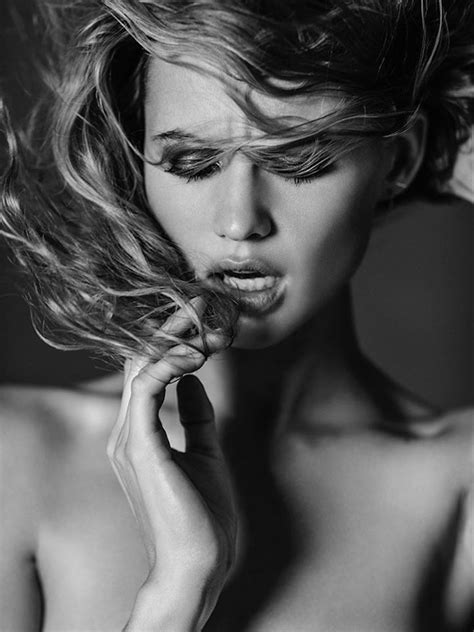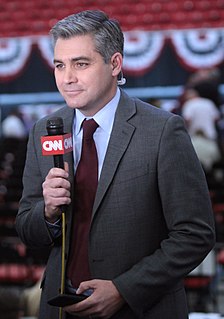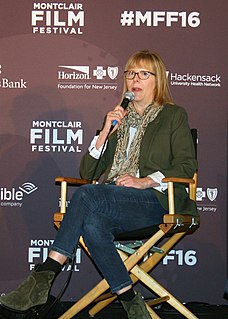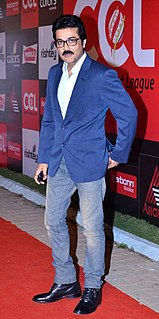A Quote by Martin Scorsese
I go through periods, usually when I'm editing and shooting, of seeing only old films.
Related Quotes
All three parts of filmmaking [writing, shooting, editing] contribute to rhytm. You want the script to be a tight as possible, you want the acting to be as efficient as possible on the set, and you have enough coverage to manipulate the rhythm in the editing room, and then in the editing room you want to find the quickest possible version, even if it's a leisurely paced film. I definitely in filmmaking more and more find writing and directing a means to harvest material for editing. It's all about editing.
And so you try your best. Sometimes you go in with one thing, with one desire and come out with something else. In the case of 'The Aviator' it was to create a Hollywood spectacle, but by about the second or third week of shooting you just want to literally survive it. Because don't forget, I also go through the editing process too, and when the film is released I have to talk about it. So, I take all of that very seriously.





































